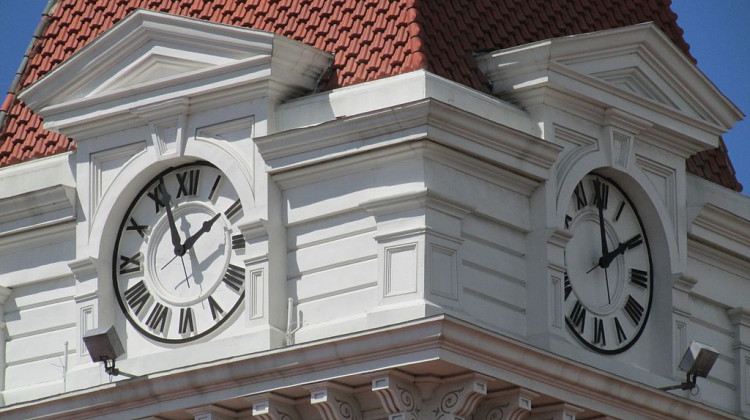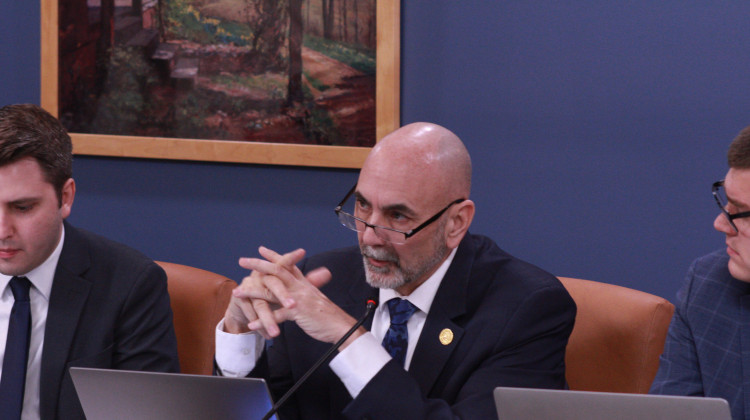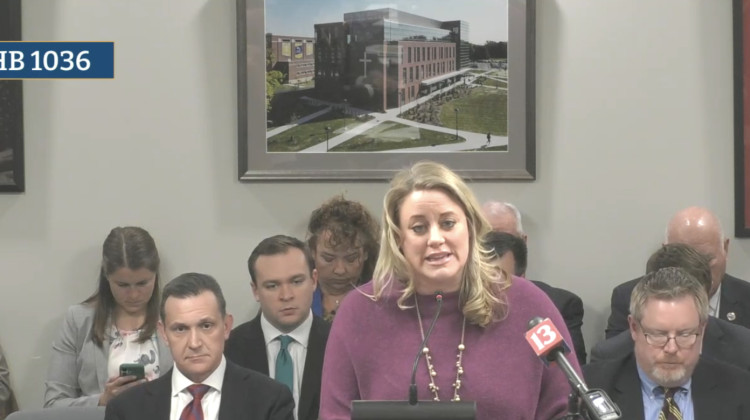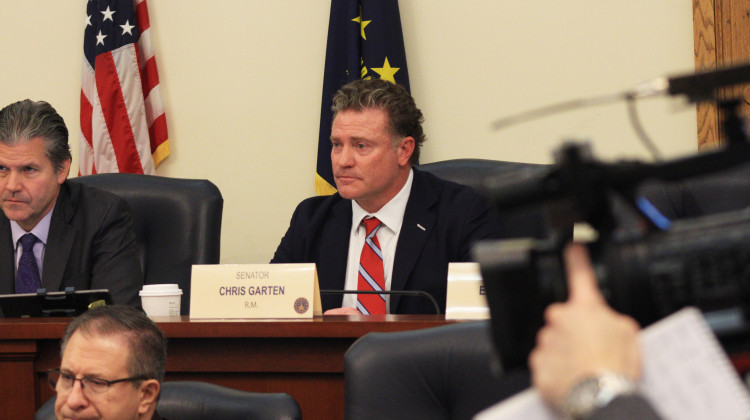CROWN POINT, Ind. (AP) — A northwestern Indiana city wants to install a camera system downtown in hopes of slowing the spread of the coronavirus.
Crown Point media director Adam Graper said the analytical cameras can identify when people aren’t social distancing through a heat map that shows the concentration of individuals, the (Northwest Indiana) Times reported Friday.
Crown Point is waiting on proposals for the project.
Graper said during a Board of Works meeting that the city has reevaluated how it uses technology to interact with the community.
“Since March, we found some weak points on where we are,” he said.
Along with heat maps to identify large groups of people, Graper said the city would be able to put in custom crowd notifications, which would alert officials if there are too many people in a specific area.
The project would include 24 analytical cameras with 4K resolution. They are portable and can be moved to other parts of the city.
Since they can identify the lack of social distancing, produce heat maps and utilize facial recognition for contact tracing, the project should be eligible for reimbursement under the Coronavirus Aid, Relief, and Economic Security (CARES) Act, Graper said.
Crown Point Mayor David Uran said the cameras are very detailed.
“There’s other applications that are going to be beneficial to the city of Crown Point, but our main focus on this right now is to be able to comply with the COVID pandemic that’s out there; put us in a better situation to be aware of what’s taking place," he added.
But facial recognition could be hit or miss if people are wearing masks to protect from the COVID-19 virus.
A preliminary study published by a U.S. agency this summer found that even the best commercial facial recognition systems have error rates as high as 50% when trying to identify masked faces.
The National Institute of Standards and Technology says it is launching an investigation to better understand how facial recognition performs on covered faces. Its preliminary study examined only those algorithms created before the pandemic, but its next step is to look at how accuracy could improve as commercial providers adapt their technology to an era when so many people are wearing masks.
Studies also have shown that current face-recognition systems used by law enforcement agencies more likely to err when identifying people with darker skin.
 DONATE
DONATE







 Support WFYI. We can't do it without you.
Support WFYI. We can't do it without you.